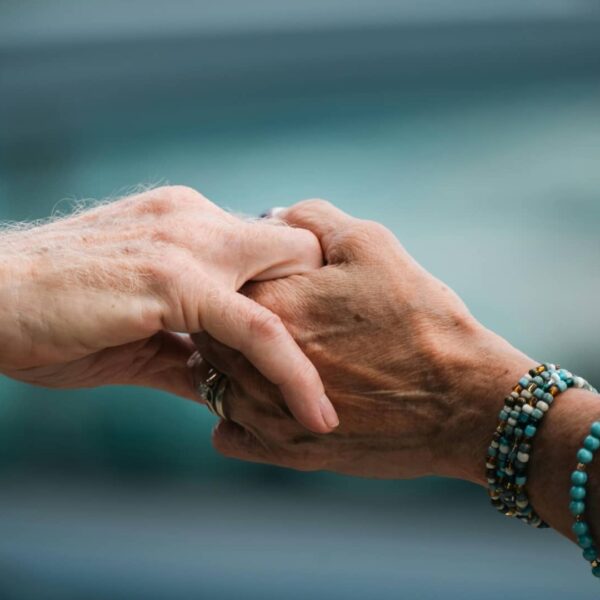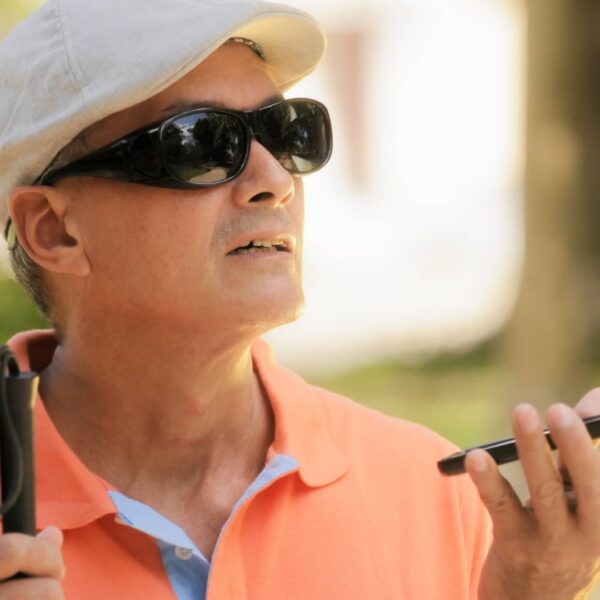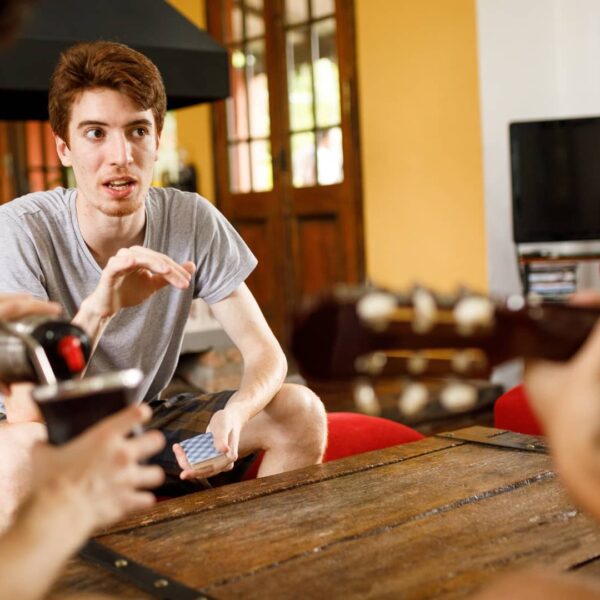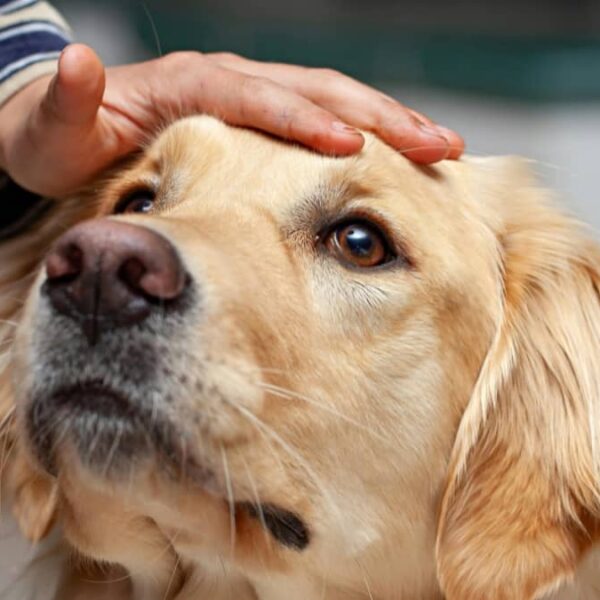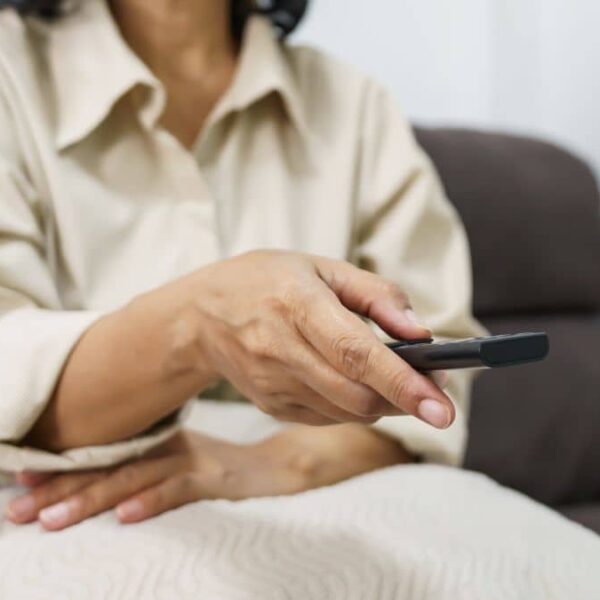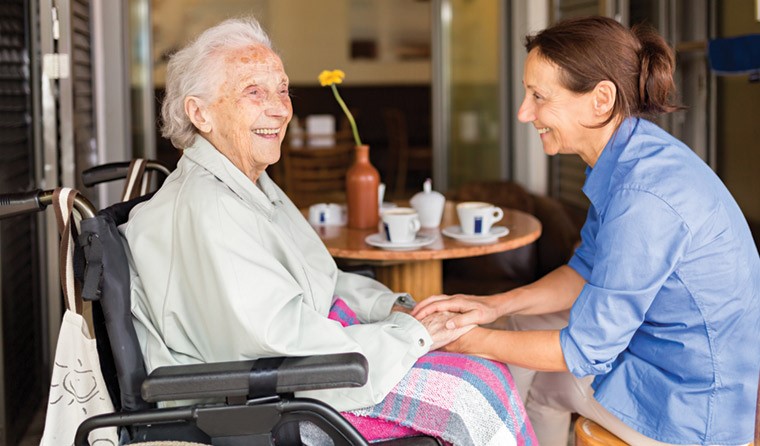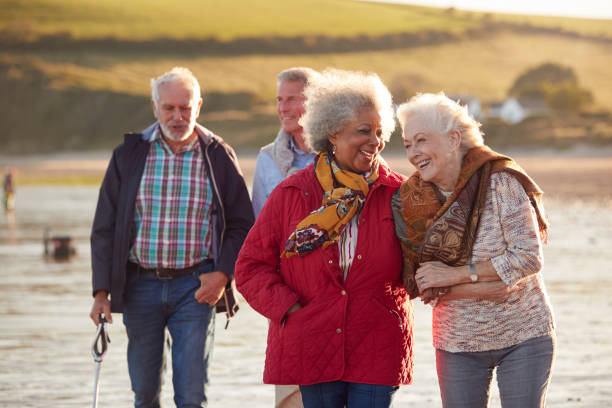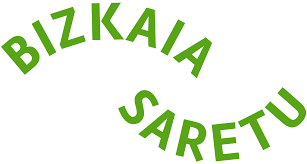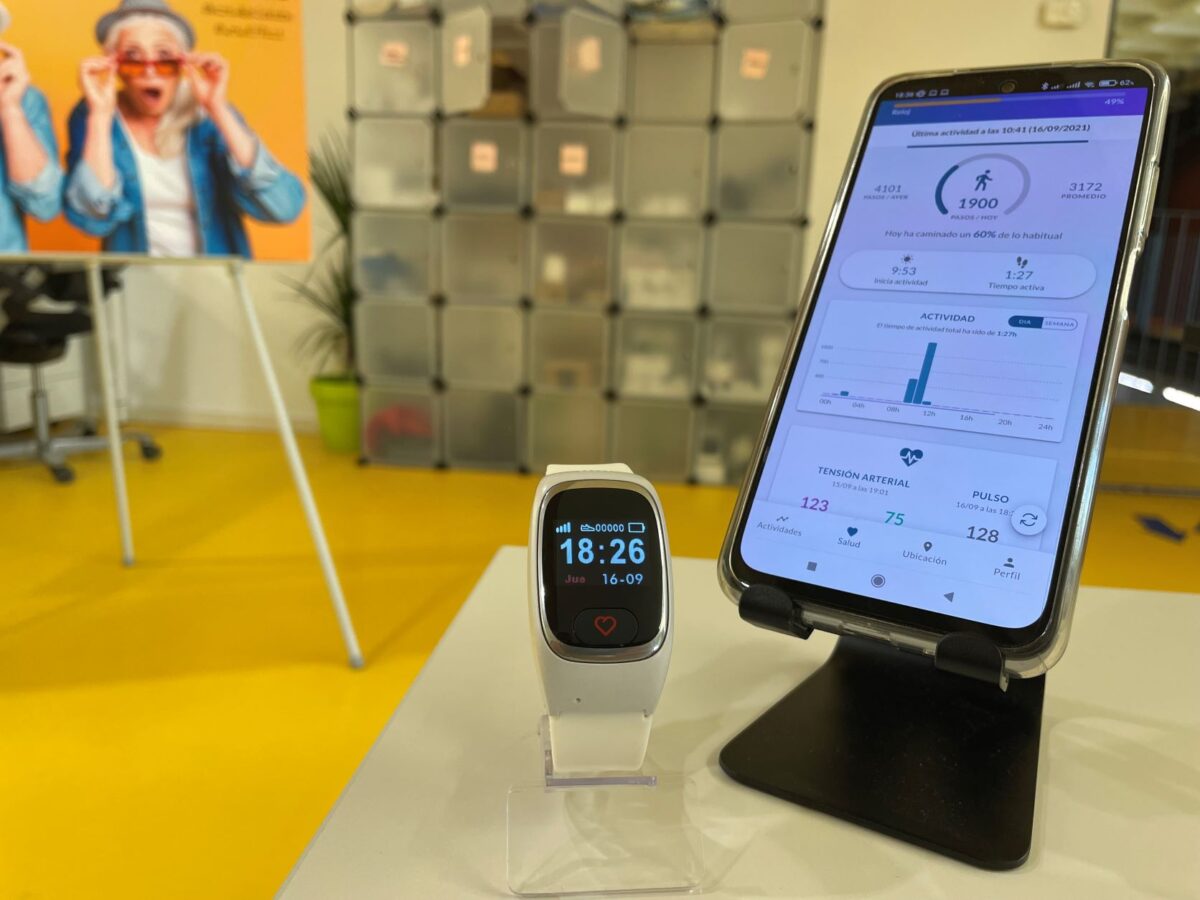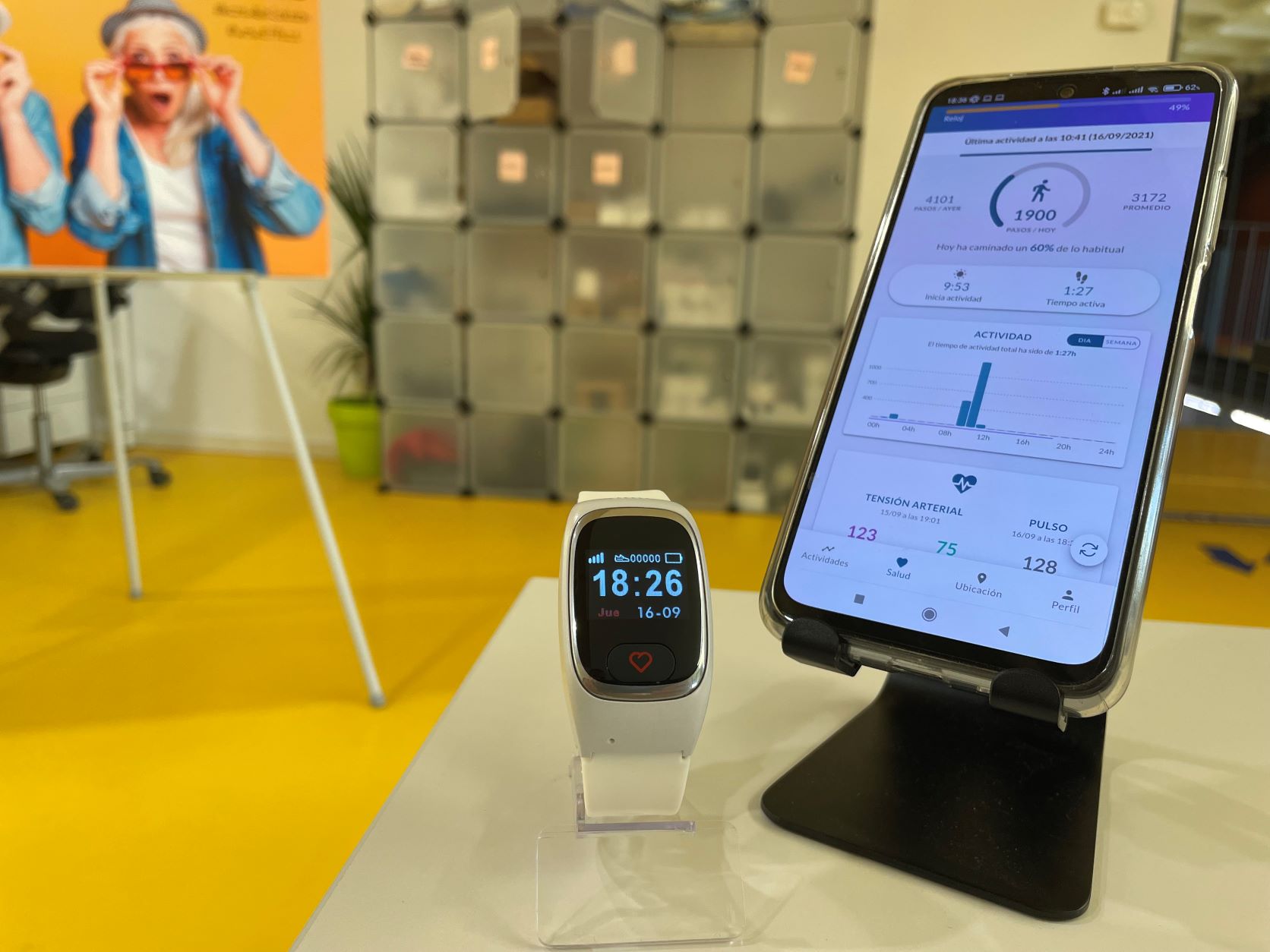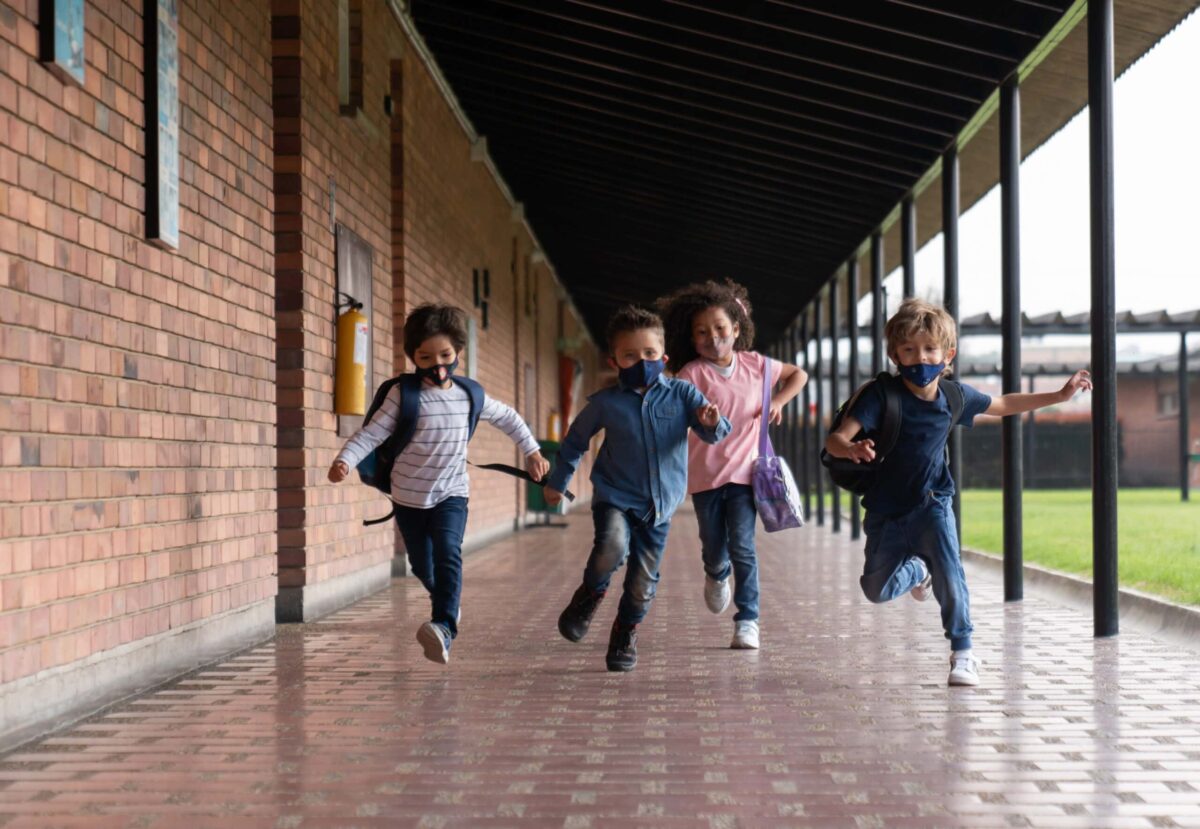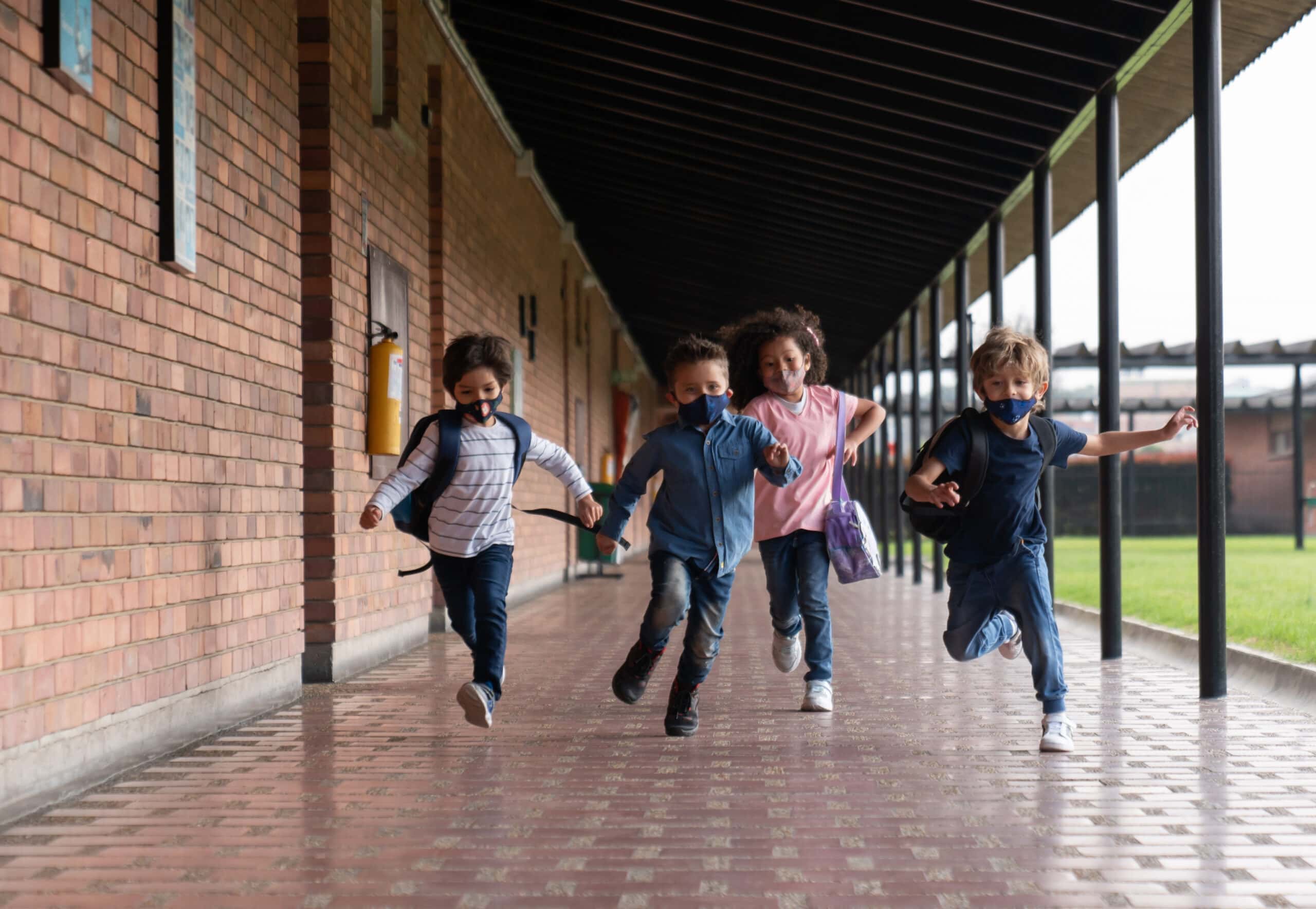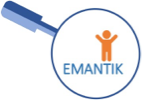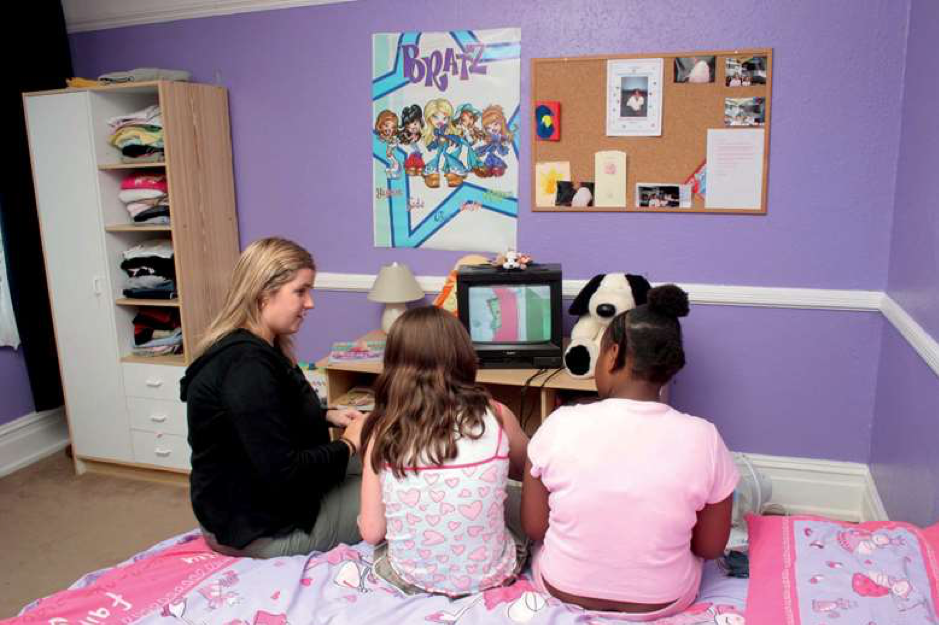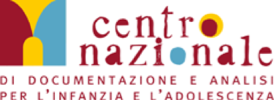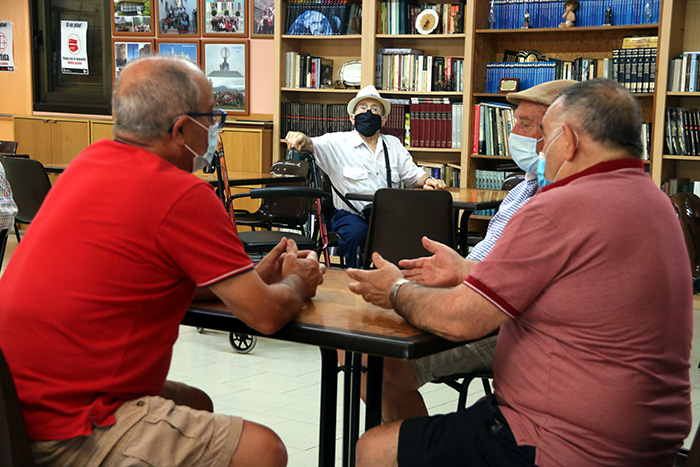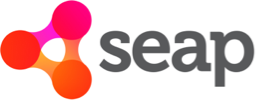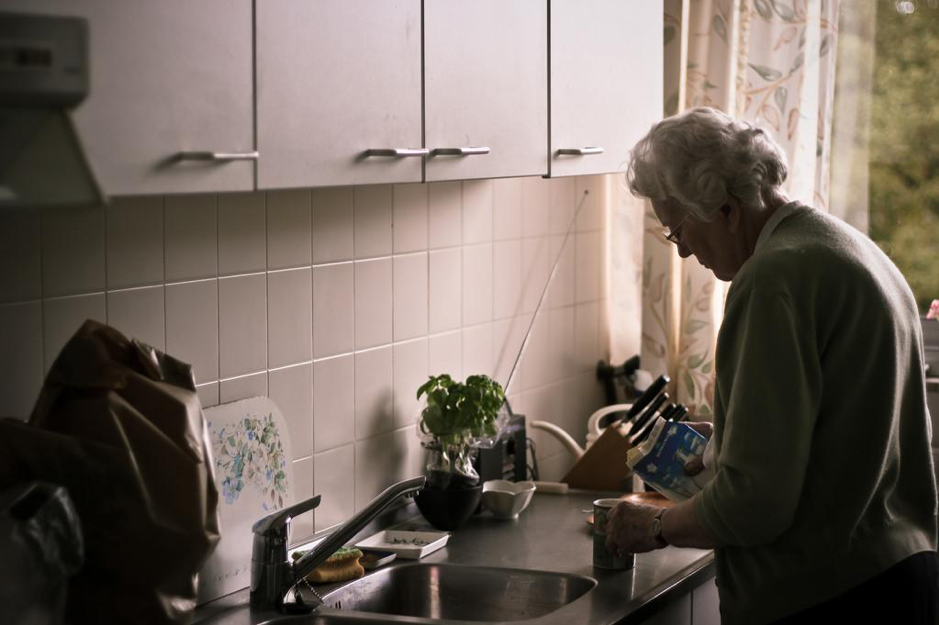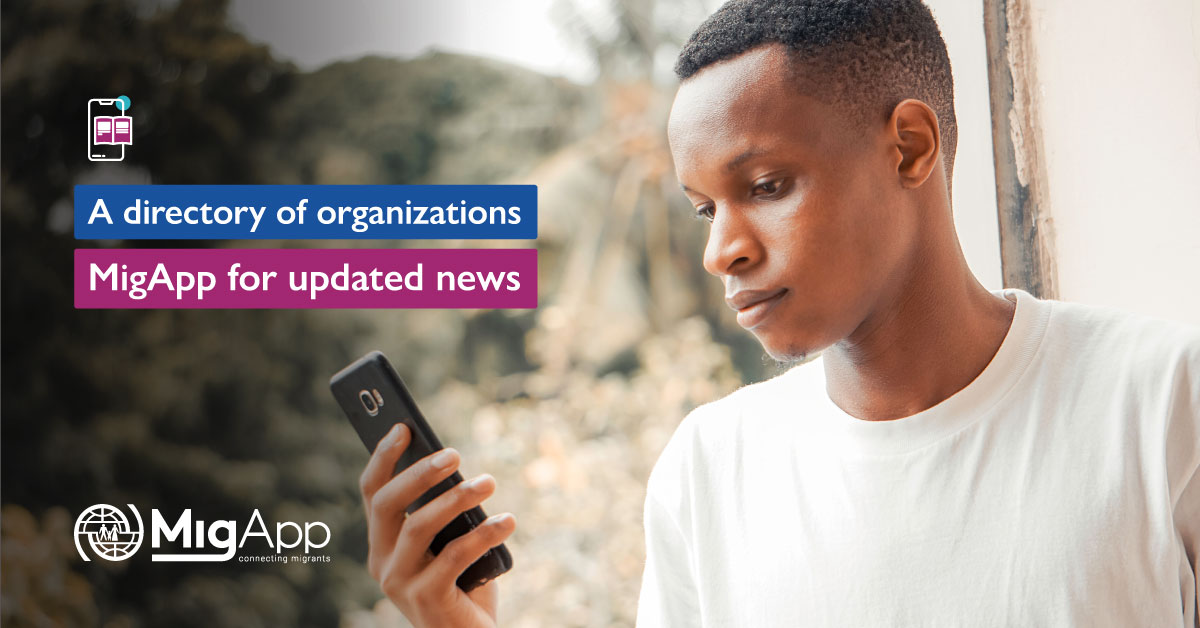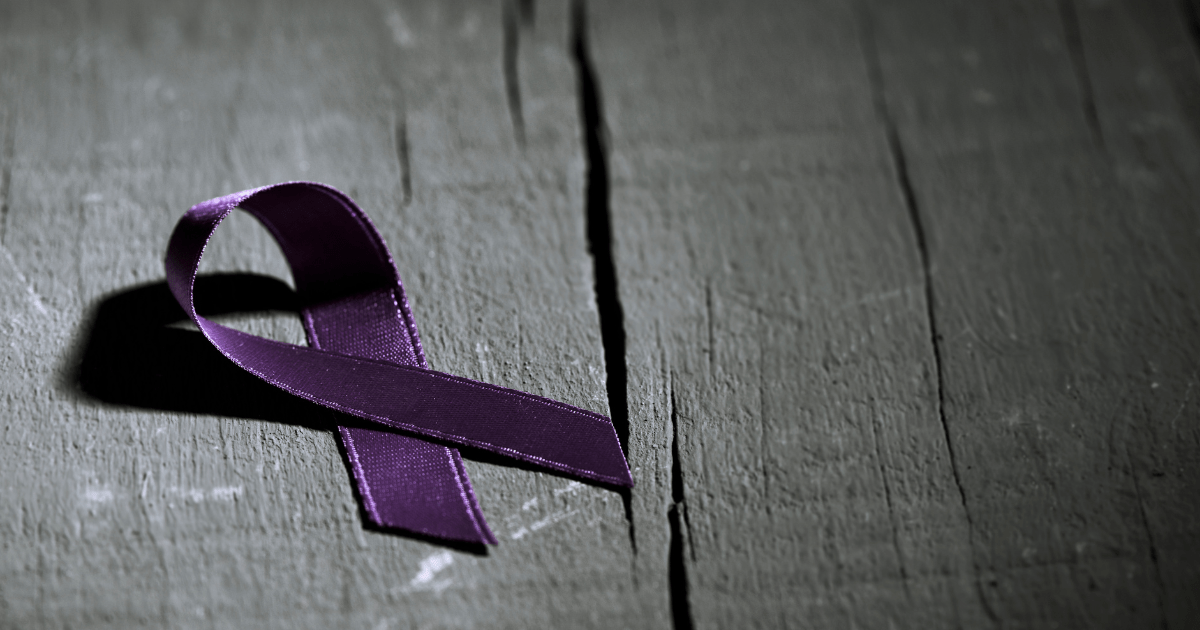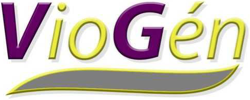One View, a predictive and preventative homelessness system
One View, a predictive and preventative homelessness system
London Borough of Barking and Dagenham
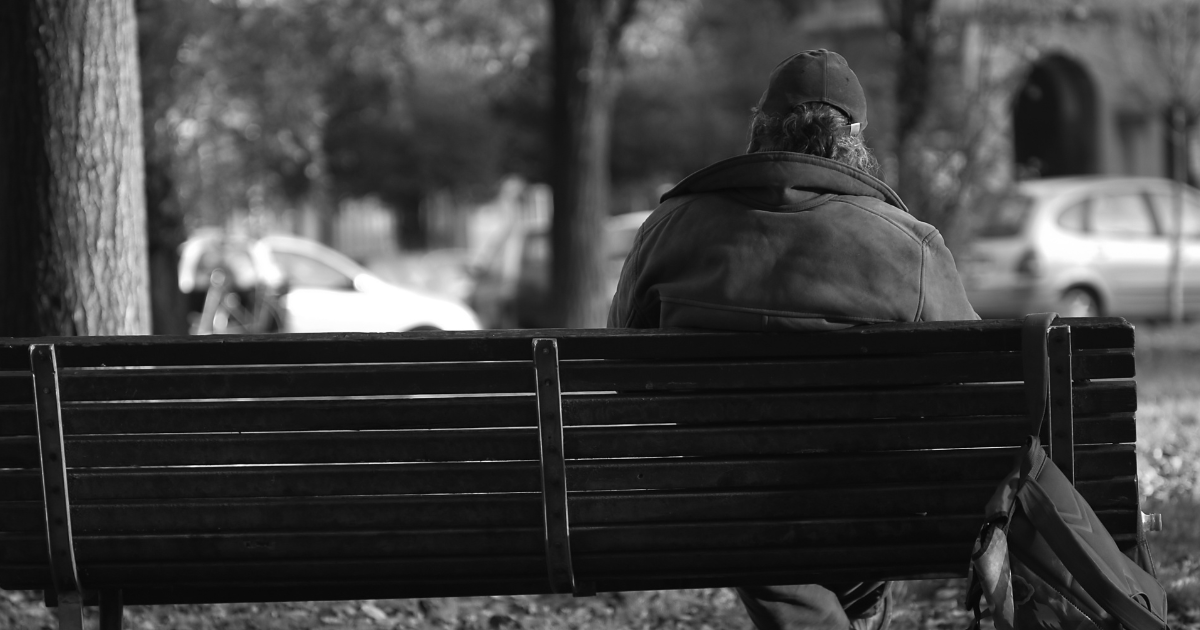
Predictive system that allows social services to anticipate, prevent and reduce homelessness in the territory
The One View system analyses the data set related to services for adults, children and homeless people. The analytical model includes data on income, benefits and schools, and obtains a comprehensive overview of citizens and households in the territory in order to identify existing risk situations that may lead to homelessness in the near future.
One View enables this preventive approach by using advanced analytical models to identify people at risk, with the aim of detecting potential problems 6 to 9 months before a crisis. In addition, the service provides long-term monitoring, so that social services can also evaluate the effectiveness of the interventions put in place, and adjust them. The specialised software provides robust information governance and security, with strict protocols that determine access levels.
The service enables the district to achieve three objectives. The first is to improve the quality of life of residents by providing the necessary contact and assistance when needed. Secondly, a prevention of evolving needs with better informed and targeted interventions. In other words, social service professionals in the district have a unique view that allows them to select the most appropriate and effective course of action in each case. Finally, it contributes to the management of the demand for social and housing services, generating savings due to the combination of improved interventions and predictive information to identify at-risk situations.
Characteristics of innovation
Localization
London Borough of Barking and Dagenham
Partners / Funders
EY and Xantura
Genesis
The borough of Barking and Dagenham is one of the poorest in the city of London, and suffers from a large number of problems arising from this situation. In response to this, the council set up an Insight Hub aimed at making good use of data to ensure that people can receive the right support and attention in the right situation, and in the Barking and Dagenham district there were obstacles that prevented social workers from having a holistic view of the local people and places. The result was that professionals tended to react to immediate needs, instead of having a strategic and preventive approach.
Therefore, at the end of 2018, the district considered designing an integrated data system to develop a predictive model. The idea was carried out with the industrial and technology partners EY and Xantura, with whom they developed One View, a data platform tailored to the district’s needs.
Level of implementation
One View has enabled the borough of Barking and Dagenham to respond quickly to the needs of its citizens during the pandemic. This transformation to a preventative service enabled early action to prevent homelessness in 100 households, i.e. reducing the risk of homelessness by 40% through early intervention.
Banc d’innovacions

